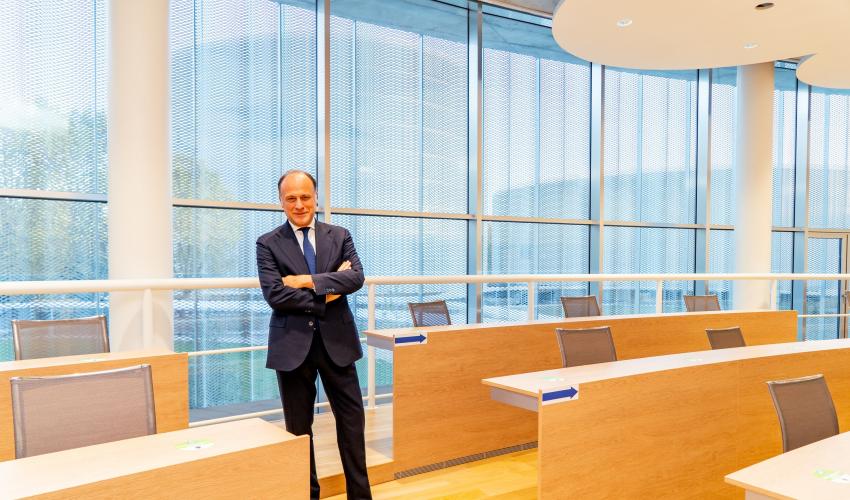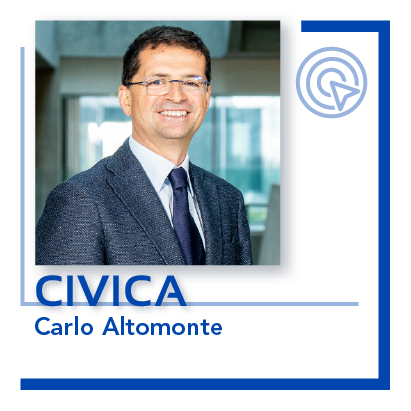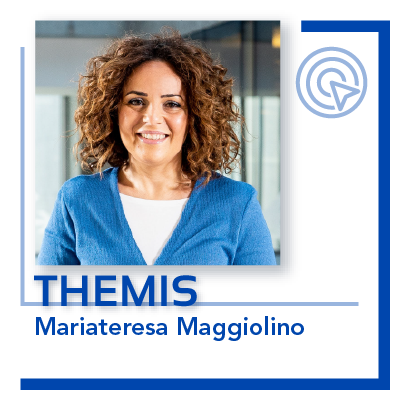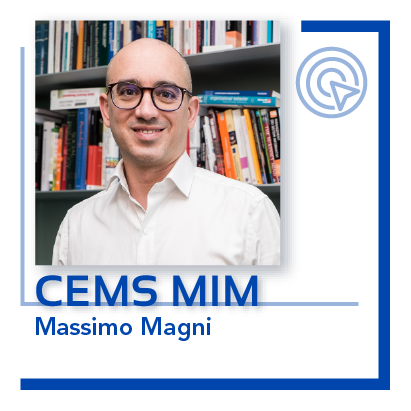
That vast network that pushes Bocconi beyond its borders
STEFANO CASELLI, BOCCONI DEAN FOR INTERNATIONAL AFFAIRS, TALKS ABOUT THE CREATION AND MAINTENANCE OF PARTNERSHIPS WITH OTHER INTERNATIONAL UNIVERSITIES WHICH EVERY YEAR BECOME OPPORTUNITIES FOR STUDENTS' EXCHANGE PROGRAMS THAT BRING THE WORLD TO MILANO AND VICE VERSAFor almost half a century, Bocconi students have exchanged their classrooms with peers from other universities around the world. Since 1974, the opportunity to spend a period of study abroad has touched the lives of an increasing number of young people growing in parallel with the growth of the university's international network and reputation. Since 2012, Stefano Caselli, a professor of finance, has been Dean for International Affairs, presiding over this strategic activity for the expansion of the university but above all for the education of its students.
What objectives need to be pursued when working on the internationalization of a university?
International affairs are made of many pillars. The largest and most solid are alliances with other universities which allow Bocconi to be visible, have our students spend periods of study abroad and, not least, have young people coming to Milano from all over the world: Princeton, from Stern in New York, Singapore, etc. Ten years ago the number of exchange agreements was less than 200, today there are 283 existing agreements which cover nearly all the best universities in the world. A result achieved thanks to Bocconi’s choice of being present, often from the start as founding member, in the main international academic networks, like CEMS which has more than 30 years of history or, more recently, CIVICA, which is an expression of the European Universities Project launched by European Commission. Starting from such a good premise, it wouldn’t be hard for Bocconi to sign new agreements almost every day, but what we try to do here is always finding partners of equal or higher standing and, as mentioned, we’ve already got them. Rather, the challenge of the next few years will be to develop agreements that give international exposure to the new Bocconi degree programs that have been launched, from Computer Science to Artificial Intelligence, and rethink the concept of the international dimension in a much more complex world.



For those attending Bocconi, the international dimension is something almost taken for granted. Does this facilitate your task or does it raise the bar of expectations?
If this aspect is taken for granted by today's students, it means we did a great job with yesterday's students. In this context, however, you can never relax because, for example in an exchange program, everything must work perfectly and it is a job that requires daily maintenance and an impeccable organizational machine. It is true that the students who enroll here often already have international experiences, but regardless of this, today more than ever they are aware that being able to include a semester at a prestigious university or even a double degree in the curriculum, and we have 36 of them now, is a terrific game changer to improve their placement possibilities.
The pandemic put a stop to all this for a while..
In reality, in the most difficult moment, that of the lockdown, we reacted in real time by further strengthening our relations with European universities. There was a network response in the most beautiful sense of the word: everyone opened their doors wide, the number of exchanges even increased, and at the same time we gave the green light to online experiences that are certainly less attractive than the traditional format, but which have allowed many students to attend a different academic environment and be able to include it in their curriculum. It was tiring for everyone, especially for young people, but we are past that moment and today we are back to nearly the same number of physical exchange programs as before the pandemic.
Now, however, relations with Russia had to be cut off..
Like all universities in Europe, we too had to suspend, with great regret, exchanges with historic partners such as the University of St. Petersburg. We did not have agreements in place with universities in Ukraine, but we are considering opening them now to allow Ukrainian students to spend a period of study here.
Those who compile the rankings of universities give a lot of weight to internationalization as an evaluation parameter. How do you consider that kind of judgment?
As a finance scholar, I can say that rankings are like the prices of stock exchange securities: we can endlessly argue whether they are fair or not. Rankings are not the truth, that's for sure, but they are important indicators allowing international quality comparisons and a measure of collective effort of all components of a university, from research activity, to programs, to placement. If you are a Dean of International Affairs must actually work as an "investor relator" and interact with those who make these rankings to explain exactly what is being done and how, valuing everyone's commitment. It is an aspect of my role that takes a lot of time and effort, but I have to say we have had excellent results in Financial Times and QS rankings.
Is a student abroad already a likely brain drain for his/her home country?
I think it is reductive to see it like that. The market for higher education is global and it is physiological that, if we want to have excellent students who are then excellent professionals and, I would say, excellent citizens, we must push them towards an experience abroad. Only through this passage can they can come back enriched and contribute to making Italy more attractive. What becomes dangerous is if we only export and don't import talent in equal amount. A university and a country work well when the two flows are balanced, and this is what we see at Bocconi.
What remains of the Bocconi identity as a value to be embedded in all these relationships?
In these ten years I have verified that there are some recurring aspects about Boconi that are perceived abroad and the first concerns the quality of our students, who always have performances among the best. This too is in some way an identity character which we must preserve by continuing to apply a rigorous selection at the stage of admission, based solely on a criterion of merit. Furthermore, as I often remind people, Bocconi was founded by an entrepreneur who wanted to give back to his community, and this DNA distinguishes us on the international scene by giving to our academic approach, and therefore also that of our students, the imprint of responsible entrepreneurship. Strong creativity, knowing how to always find a solution, attachment to the idea of ​​independence, a sense of responsibility and duty are characteristics that recur. Finally, I would add the strong bond with Milan. Like all major universities, Bocconi has characteristics that are independent of where it is located, but its growth in recent years is undoubtedly closely linked to the international standing reached by the city. Compared to just ten years ago, Milan is much more visible on the world stage, plays as a protagonist on many fronts, and the city is a driving force for the entire social fabric. In fact, it has established a win-win relationship with our university.
SHORT BIO
An Economics graduate from the University of Genoa and a PhD in Financial Markets and Intermediaries at University of Siena, Stefano Caselli began his career as a Bocconi researcher in 2000, and became Associate Professor in 2002. He was appointed Full Professor of Economics of Financial Intermediaries in 2007 and Algebris Chair since 2019, but has always combined teaching and research with his commitment to institutional duties, in particular as Dean for International Affairs, a role he has held since 2012. "As a student I did not have the opportunity to take part in an international exchange program", recalls the Dean, “but I ovecompensated in the following years, by working, traveling and developing the spirit of being a citizen of the world. International activity fascinates me because it is always surprising, it allows relentless innovation, to deal with new challenges and look beyond. And I think it is ever more strategic for a university, but also for a country, like ours".
by Emanuele Elli
